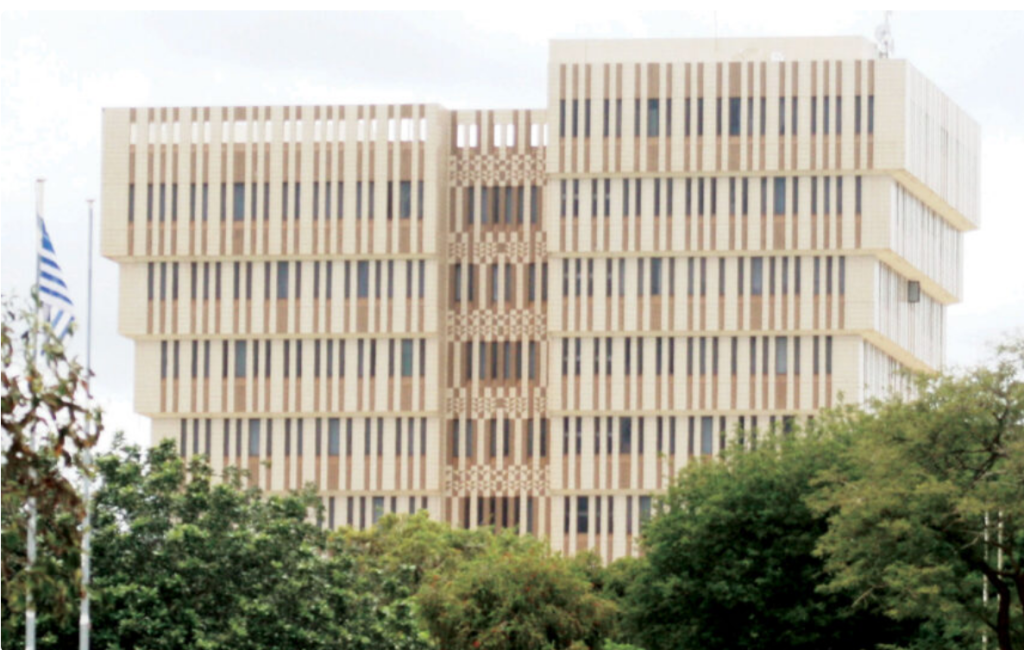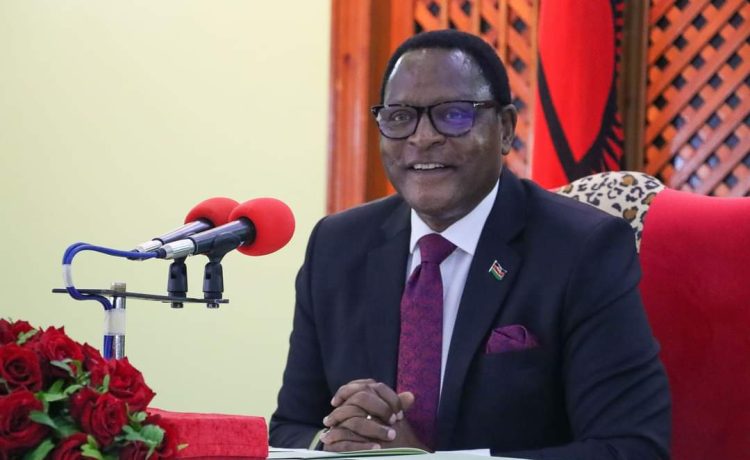The World Bank has shared good news regarding the economic outlook of Malawi for the year 2024. The ultimate global financial institution, as World Bank is regarded, has stated that a notable shift towards fiscal consolidation aimed at addressing unsustainable government spending and debt levels is reducing fiscal deficit to 7.4% of GDP in the financial year ending 2024.
The World Bank has disclosed that this this is the first reduction ever happening in Malawi in a period of six years. That is to entail that since the year 2018, Malawi has never seen such economic growth in those measures.
The development comes as a result of President Chakwera’s resilient focus on reshaping Malawi’s economic trajectory, a task that has prompted him to take bold actions to stabilize the economy from the reeling 2023 substantial economic challenges.
According to the World Bank report, such challenges were compounded by cyclone disasters which destroyed agriculture fields and the country electricity generation facilities which in turn dampened Malawi’s service and industrial production capacity, global economic crisis brought about by war in Ukraine which heightened prices of imports such as fertilizer and petroleum as well as other natural disasters including droughts which further lowered agricultural output among others.
The World Bank discloses that since the implementation of measures that include adjusting the exchange rate, tightening monetary policy to combat inflationary pressures, implementing fiscal, external, and monetary reforms, as well as a series of structural changes, Malawi’s economic growth is projected to further increase in the remaining part of 2024, with growth estimated to reach around 3%.
The Capital Hill in Lilongwe recently reported that a moderate improvement in agricultural production, and increased output bolstered by improved foreign exchange inflows have contributed to Malawi’s hope-bearing economic performance in the quarter of this year (2024).
Corroborating the World Bank’s perspective, the Reserve Bank of Malawi (RBM) has independently examined Malawi’s trade deficit gap, reporting that it is slowly shrinking, a development that financial analysts have said is bearing good news to the country’s economy.
“Malawi was locked in a perpetual trade deficit, a scenario that was not giving any hope for immediate turnaround”, said an economic expert Bright Chidzumeni reacting to the news of the RBM’s reported shrinking of Malawi’s trade deficit.

According to World Economic Forum, a trade deficit is a situation which occurs when a country imports more than it exports. This, according to Chidzumeni, entails that the country spends more than it earns, thereby lowering the status of its economy, further highlighting that, “this has been Malawi’s tragedy that has, over the years, translated into endless devaluation of the Kwacha and poor economy in general”.
Realizing this tragedy, President Lazarus Chakwera’s leadership for the country opted to devise a strategy to escape the situation and drift towards trade balance. Some of the key steps that he has championed include promoting local consumption, except for items not produced locally, through intensifying the buy-Malawi-campaign and restricting some imports; securing internal food sufficiency; and promoting industrialization through what is popularly known as ATM strategy.
Chakwera is on record to have said that his primary target when he ascended to power was to deal with electricity power blackouts by restoring reliable electricity generation capacity for enhancing industrial production that would feed into trade.
As if validating President Chakwera’s strategy and vision, the World Bank, in its February 2024 report mentioned that the resumption of energy production at the Kapichira Hydroelectric Power Plant (which was devastated in 2023 due to cyclone disasters) has improved access to electricity and supported economic activity, particularly in the industry and services sectors.
On the other hand, the RBM notes that Malawi’s trade deficit has narrowed by 39.6 per cent to $128.5 million (about K225 billion) in February 2024 from $184.8 million (K323 billion) the previous month due to growth in exports and a drop in imports. The RBM figures published in its Monthly Economic Review show that Malawi’s trade deficit has marginally improved by 74.5 percent from $224.3 million (K381.3 billion) recorded in January because of a 39.6 percent growth in exports and 18.1 percent drop in imports.
According to the report, the growth in Malawi’s exports is attributed to increases in the sale of tea and soya beans among other exports, in which the report discloses that tea sales rose to $5.9 million (K10.3 billion) from $5.3 million (K9.2 billion) while Soya bean sales rose to $3.9 million (K7 billion) from $700 000 (K1.2 billion). Tobacco sales which were at $20.5 million (K36 billion) last year from $19.4 million (K34 billion) a year prior is expected to shoot even higher this year with the opening season boasting a high note.













